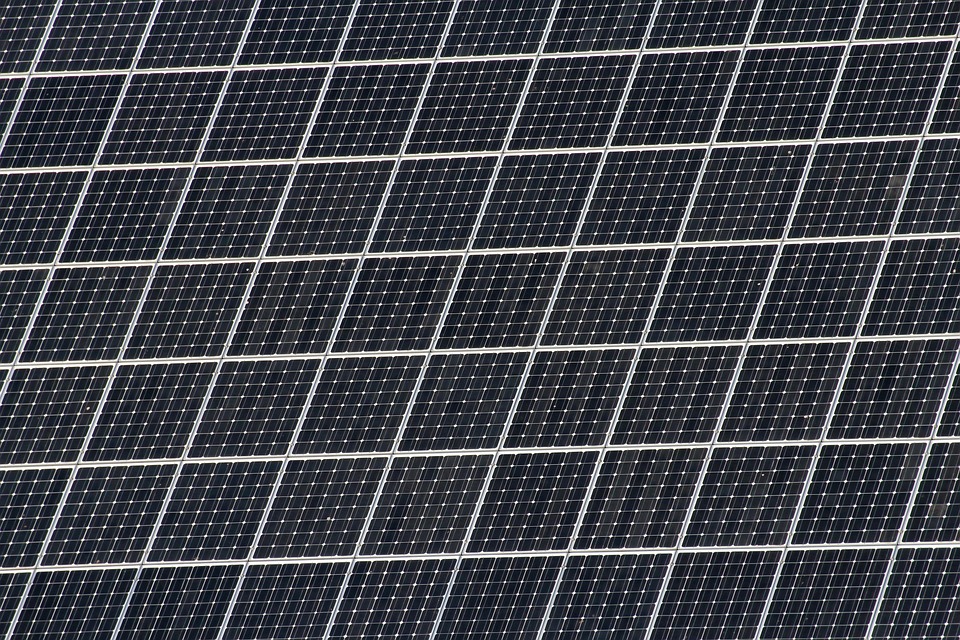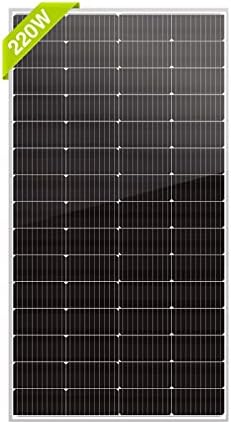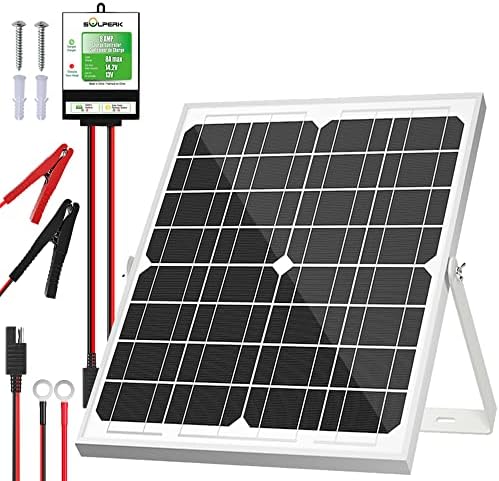# How Solar Panels Can Provide Energy Independence for Your Home
I still remember the first time I flipped the switch on my solar panel system and watched my home light up without drawing a single watt from the grid. It felt like a small victory, one that filled me with an exhilarating sense of freedom. In that moment, the sun’s energy became not just a power source, but a symbol of independence. Living off the grid can transform your life in wonderful ways, and solar panels are at the forefront of this transition. Let’s dive into how solar panels can empower you with energy independence, allowing you to harness the sun’s power to meet your home’s energy needs.
## The Concept of Energy Independence
Energy independence means relying on your own energy production rather than being tethered to a utility company. For many, it’s about more than just financial savings; it’s about environmental stewardship and personal freedom. With the rising costs of electricity and increasing awareness about climate change, many homeowners are looking to take control of their energy consumption. Enter solar panels!
## How Do Solar Panels Work?
Solar panels convert sunlight into electricity through photovoltaic cells. When sunlight hits these cells, it creates an electric field that generates a flow of electricity. This process is not only efficient but also has minimal environmental impact. Here’s a quick breakdown:
1. **Photovoltaic Cells**: The heart of a solar panel, these cells convert sunlight into direct current (DC) electricity.
2. **Inverter**: The inverter changes DC electricity into alternating current (AC), the type used by most home appliances.
3. **Battery Storage (optional)**: For off-grid systems or those looking to maximize independence, batteries store excess energy for use at night or on cloudy days.
4. **Net Metering (if grid-tied)**: If you remain connected to the grid, you can sell excess energy back to your utility, offsetting your usage further.
## The Benefits of Going Solar
### 1. **Financial Freedom**
By investing in solar panels, you’re not only reducing your monthly electricity bills but also safeguarding yourself against rising energy costs. Depending on your location and energy consumption, solar could zero out your energy bill in just a few years. Additionally, various federal and state tax credits can significantly reduce the initial investment.
### 2. **Increase Home Value**
Homes equipped with solar panels often sell for more than those without. Not only are potential buyers drawn to the prospect of lower energy costs, but they also appreciate the eco-friendly aspect that comes with solar technology.
### 3. **Environmental Impact**
Solar energy is clean and renewable, providing a sustainable alternative to fossil fuels. By using solar panels, you’re reducing your carbon footprint and contributing to a greener planet. This makes every sunlight-filled day feel a little more special.
### 4. **Energy Security and Resilience**
Solar panels provide a measure of security you won’t find with grid electricity. Whether facing natural disasters or utility outages, having your own energy source means you can keep your home running. With the addition of battery storage, you can maintain power even during extended grid failures.
### 5. **Direct Control Over Energy Needs**
Having your own solar system means that you’re not at the mercy of fluctuating utility rates. You will be able to manage your energy consumption according to your needs rather than conforming to utility company demands.
## Choosing the Right Solar System for Your Home
### Size Matters
The first step in going solar is to assess your home’s energy needs. Consider your monthly electricity usage and how much sunlight your property gets. A consultation with a solar expert can help determine the right size system for you.
### Types of Solar Panels
– **Monocrystalline**: Known for their high efficiency and sleek appearance, these panels are made from a single crystal structure and are typically more expensive.
– **Polycrystalline**: These panels are made from multiple crystals and are usually less efficient but more affordable.
– **Thin-Film**: Lightweight and flexible, thin-film panels can be a great choice for unconventional installations.
### Inverters Matter
Choosing the right inverter is crucial. Microinverters, for example, optimize energy production from each panel individually, whereas string inverters connect multiple panels and can reduce efficiency if one panel underperforms.
## Pro Tips for Maximizing Your Solar Setup
1. **Site Location**: Ensure that your panels are installed in a location that receives maximum sunlight throughout the day. Avoid shading from trees, buildings, or other structures.
2. **Regular Maintenance**: Keep your panels clean and free of debris. A simple wash a couple of times a year can dramatically improve efficiency. Ensure any snow or dirt is cleared off to maximize sunlight absorption.
3. **Energy Efficiency**: Integrate your solar system with energy-efficient appliances and smart technologies. This will not only reduce power consumption but can make your solar investment even more effective.
4. **Battery Backup**: If feasible, consider adding a battery backup system. This can store excess energy for nighttime and emergency use, giving you optimal energy security.
5. **Community Involvement**: Join local solar groups or forums. Engaging with a community can provide insights, support, and valuable tips regarding regulations, local incentives, and technology updates.
## Challenges of Going Solar
While the benefits are substantial, transitioning to solar isn’t without its challenges. Initial costs can be high, and navigating local regulations and permits may be complex. Additionally, some regions have less sunshine, affecting overall efficiency. But with careful planning and research, many of these obstacles can be addressed.
### The Myth of Solar Energy
One common misconception is that solar panels are ineffective on cloudy days. While it’s true that they generate less energy without bright sunshine, they still perform reasonably well in diffused light. In many areas, solar panels can produce up to 50% of their rated capacity in cloudy weather.
## Conclusion: The Future is Bright
Harnessing the power of the sun can transform your home into a beacon of energy independence. Solar panels not only provide an eco-friendly power source but also reduce financial burdens and enhance your home’s resilience. With advancements in technology and increasing awareness about sustainability, there has never been a better time to explore solar energy. So, whether you’re looking for financial savings, increased home value, or simply want to lighten your environmental footprint, solar energy can shine brightly on your path to independence.
When considering making the leap, remember: the sun is shining every day, ready to fuel your home with clean, renewable energy. Embrace it and start your journey toward energy independence today!



